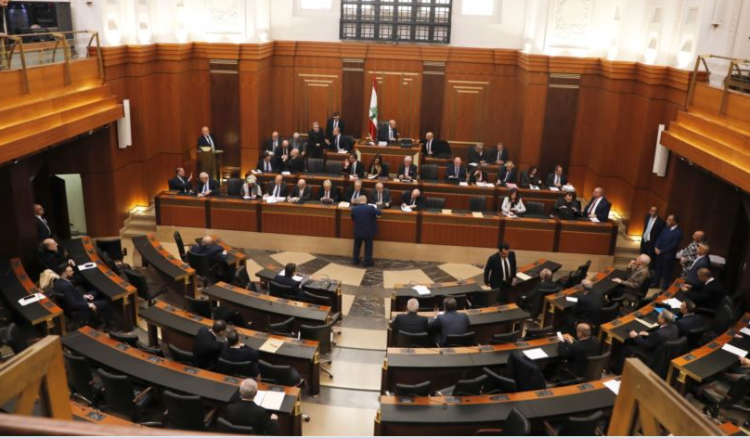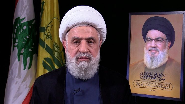
After a series of delays and political standoffs, the Lebanese Parliament finally convened the second day of its plenary legislative sessions on Tuesday, but not without controversy. Initially postponed the evening before and then delayed by over an hour, the session opened just after midday, with the absence of MPs from the Kataeb Party, the Lebanese Forces (LF) and several independents.
These lawmakers had already walked out of Monday’s session in protest. Their objection centered on the omission of a proposed electoral law amendment, aimed at upholding the voting rights of Lebanese emigrants, from the session’s agenda, despite it being granted double emergency status. Their boycott extended into Tuesday, maintaining pressure on Parliament Speaker Nabih Berri, who nevertheless pressed ahead with the session.
To secure a quorum, contacts were made throughout the morning with allied MPs, a process that further delayed the session scheduled at 11 AM.
Once proceedings began, Parliament managed to pass five draft laws, postponing three others. Among the most significant measures adopted was a loan agreement with the International Bank for Reconstruction and Development (IBRD), the financial arm of the World Bank. The funding will support a green transition project in the agri-food sector.
Another major development was the approval of an exceptional credit line of LBP 16,000 billion (approximately $180 million). The funds will be used to finance salary increases for military personnel on active duty, covering the period from July 2025 through the end of the year. In parallel, MPs also passed bill No. 493 under a fast-track procedure. It allocates monthly allowances of LBP 14 million to active military personnel and LBP 12 million to retired members of the armed forces, effective July 1, 2025, as part of an additional appropriation to next year’s budget.
The legislative body also authorized Lebanon’s accession to the Madrid Protocol, a key international agreement on trademark registration. Meanwhile, a proposal to amend the law governing the pharmacy profession was shelved for now, while a bill regulating the practice of radiologists was adopted.
Opening the session, Deputy Speaker Elias Bou Saab voiced frustration over what he described as a state of “partial paralysis” in Parliament. He announced plans to convene a select parliamentary committee next week to initiate discussions on reforming the electoral law.
As the session drew to a close, several MPs urged enhanced parliamentary coordination to prevent further legislative stagnation. Some also criticized their non-boycotting colleagues for failing to attend the session, thereby undermining its legitimacy despite the secured quorum.



Comments